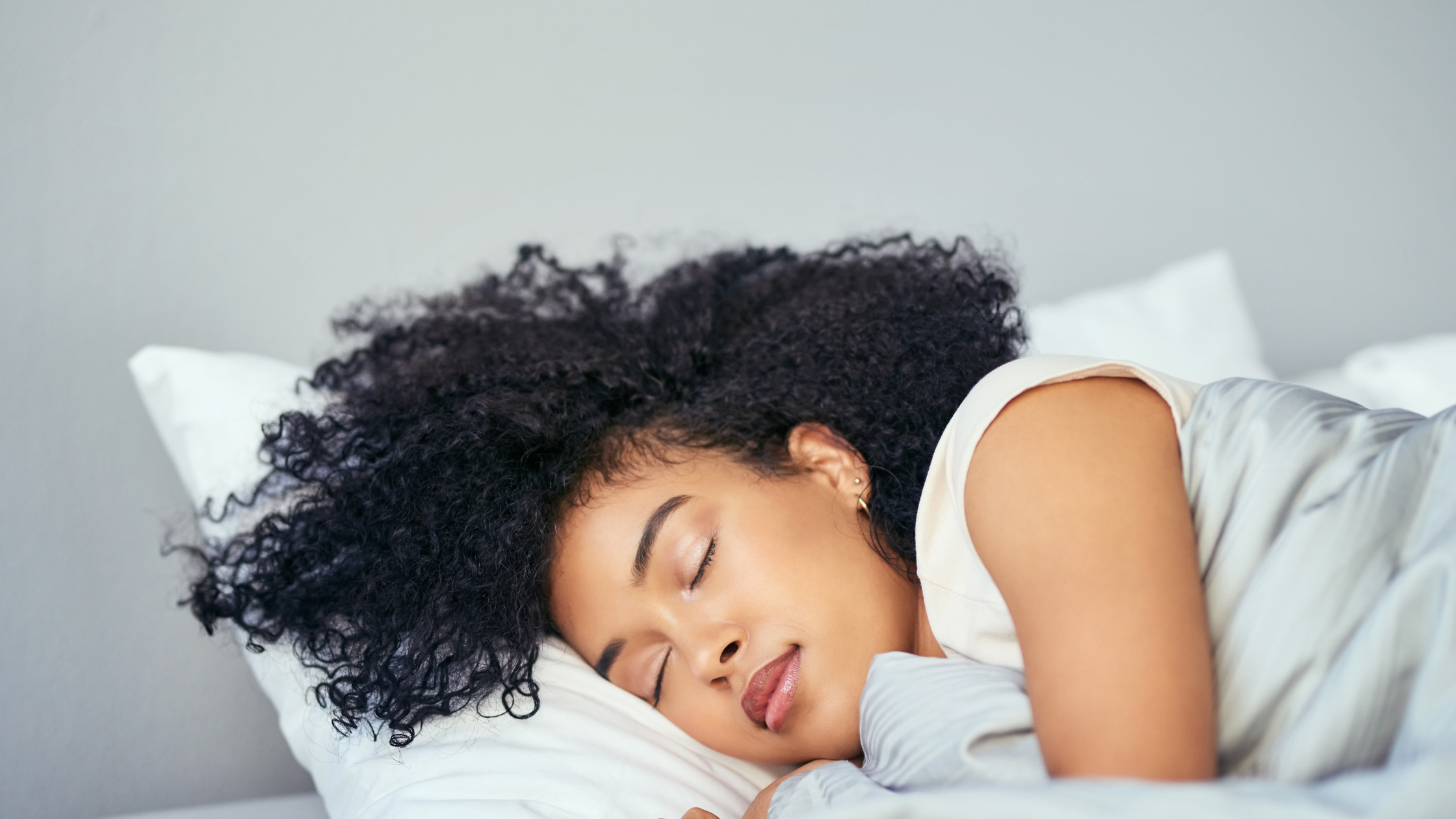
On this blog, we talk a lot about establishing a good sleep hygiene. Sleep hygiene is by far the best method for establishing a good sleep routine that leaves you feeling rested and ready to take on the day!
But what exactly is sleep hygiene? It's this term that is sort of thrown around without a lot of context. However, it is an important part of improving your sleep health. Therefore, it's important that you understand what it is, as well. Continue reading for a more in-depth explanation of what sleep hygiene actually is, so you can better implement it into your life.
What is sleep hygiene?
Sleep hygiene is the term used to describe healthy sleep habits or behaviors that can improve your ability to fall asleep and stay asleep throughout the night. By establishing and continuing to practice good sleep hygiene all day everyday, you can positively impact bot the quality and quantity of your sleep each night. Getting good sleep plays a vital role in your physical and mental health, so improving your sleep hygiene can also improve those aspects of your health. Smart sleep habits that can improve your sleep hygiene include:
- Creating and following a nightly routine that includes relaxing activities
- Going to bed around the same time each day
- Creating an optimal sleep environment that is dark, cold and quiet
- Shutting off all electronics and blue light exposure at least 60 minutes before bed
- Limiting intake of stimulants like caffeine
- Exercising and getting a sufficient amount of physical activity earlier in the day
- Reducing stress
- Avoiding large meals with high fat and sugar content right before bed
Why sleep hygiene is important
Your sleep hygiene is not going to be perfect. But, it's better to strive for improvement in adhering to your sleep hygiene. Poor sleep can impact your daily routine and overall health, which is a public health issues considering 1/3 of Americans report not getting enough sleep on a regular basis.
Getting a sufficient amount of sleep, based on your age, is important because of all the short- and long-term consequences of poor sleep. Short-term consequences include increased stress, reduced quality of life, emotional distress, mood disorders, and cognitive impairments including memory and executive functioning.
Long-term consequences are even more devastating because they become more complex and harder to treat. Many long-term consequences of sleep deprivation are physical, including increased risk of hypertension, cardiovascular disease, hyperlipidemia, and weight-related/metabolic issues.
Mental health and sleep
Sleep and mental health have a close relationship. Depression, anxiety, are two prevalent health disorders that have a bidirectional relationship with sleep. This means a lack of sleep can worsen these conditions, and these conditions can interfere with getting enough sleep.
The relationship between stress and sleep
Everyday stress and wreck your sleep and overall health. Sleep and stress seem to have a causal relationship, and Americans' stress levels are higher than average, since 2020.
A problem with one can lead to the exacerbation of the other. This means that those sleeping poorly can have higher stress levels, and higher stress levels can lead to poor sleep. Stress can also have adverse physical and mental health consequences, as can sleep. So, the higher levels of stress in one's life can lead to sleep consequences, which can both lead to physical and mental health consequences.
How to practice sleep hygiene
Establishing and improving your sleep hygiene will have long-term benefits on various aspects of your life. Therefore, this is an important step to take in your life if you want to improve both your sleep health and your overall health.
Like anything in life, establishing sleep hygiene is a step-by-step process that requires you to make little changes at a time. You can't hope to undo years of bad sleep habits in a single night. Therefore, start with something simple, like establishing a bedtime and creating your perfect sleep environment.
A good sleep environment is free from electronics, completely dark, and filled with colors and items that help you relax. You don't want it to be cluttered, and it should be free from noise.
Once you stick to that for a few nights, then try to add on to your sleep routine by adding a few activities that help you relax. Once your nighttime routines are settled, then you can add in some great daytime activities, like exercising, changing your diet, and reducing your caffeine intake.
If you would like assistance creating your sleep hygiene, then please click the orange button below to talk to one of our sleep health professionals.
https://www.verywellmind.com/what-is-sleep-hygiene-5085887

